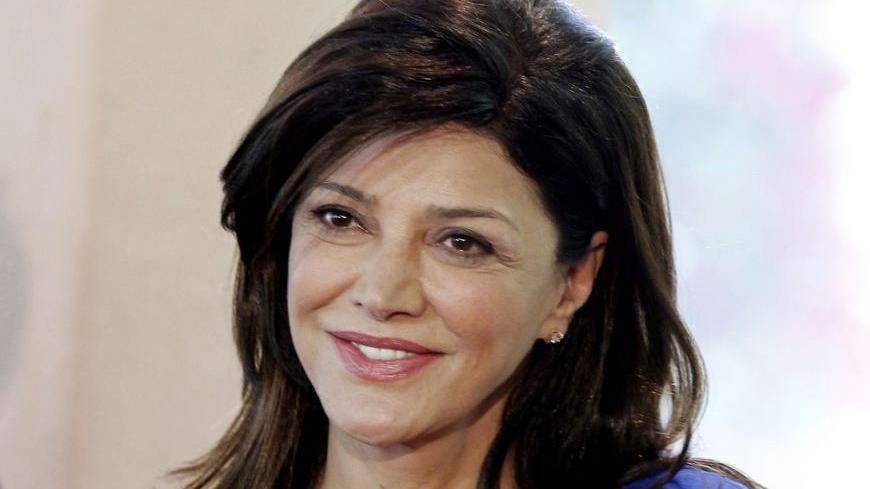Inspired by the successful liberation movements of Eastern Europe and South Africa, a group of Iranian exiles including an Oscar-nominated actress has launched a new initiative to unite Iranians inside and outside Iran around a tolerant, non-violent vision of their country’s future.
'Charter 91' Seeks to Unite Iranians Around a Tolerant Vision

Access the Middle East news and analysis you can trust
Join our community of Middle East readers to experience all of Al-Monitor, including 24/7 news, analyses, memos, reports and newsletters.


